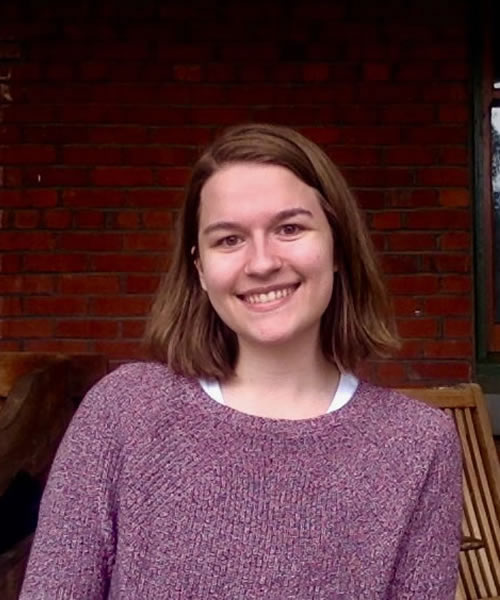As a Lutheran-baptized, agnostic-identifying, Catholic school-attending student, I wondered what it would mean for my religious identity to study abroad in a place with a history of state-sponsored Lutheranism and modern claims of extreme secularism. I know that my upbringing as an American has been framed by Christianity, regardless of how much my school may have pushed for it to be called “winter break” instead of “Christmas break,” because the date of Hanukkah or Kwanza or any other non-Christian religious holiday remained excluded from our school calendar. Yet I’ve also often felt ignorant and confused amongst my Catholic (or previously Catholic) peers at Georgetown who are well-versed in the Bible. I wondered if in Sweden I might find a feeling of comfort and familiarity amongst people raised in a culture formed from the same system of beliefs as those I was baptized under yet who don’t claim that system today any more than I do.
Today, Sweden is no more religiously monolithic than it is ethnically monolithic. But for a country with a previously state-sponsored Lutheran church, the decline in practicing Christians currently defines the national religious identity. While more and more people--refugees in particular--are bringing religious practices to Sweden, less and less people are practicing Christianity. According to my Swedish Language and Culture teacher, less than 3 percent of Swedes regularly attend a Christian church.
Instead, there is a common understanding that a relationship with nature takes the place of organized religion in many Swedes’ lives. This is exemplified through the Right of Public Access (or allemansrätten, which directly translates to “everyman’s right”). This right is considered a fundamental part of Swedish culture, and states that everyone can roam the land in the countryside, without needing permission to cross private property, so long as you do not “disturb or destroy.” The countryside is where many Swedes retreat during the summer and holidays--and especially the main holiday of the summer, Midsummer--to feel connected to Sweden, themselves, and their loved ones.
If we consider religion to be more an agreed upon set of principles, and less something that must be practiced within a certain kind of building, it is easy to see how a love and respect for time spent in nature has replaced the Lutheran church in the lives of many Swedes. Allemansrätten is something distinctly Swedish. It would not be possible without a national promotion of socialist values that put into question the very notion of private property. It would not be possible without such an expansive countryside in which to roam. Furthermore, it would likely not be possible without a six-plus-month long winter that makes most Swedes move outdoors the moment the sun comes out in the spring.
While secularism is something the Swedes I’ve met claim proudly for Sweden, there seems to be a minimization of the role Lutheranism still plays in Swedish society. While watching an episode of American television in which an Alcoholics Anonymous sponsor asks another character if he’s been “meditating and praying,” a Swede remarked on how weird it is that prayer would be pushed on someone like that. Yet when Swedes talk about the state-run liquor stores that are closed on Sundays, and the “confirmation camps” that are “more of just summer camps” most young Swedes attend, or even Christmas and Easter celebrations (but not Ramadan or Lunar New Year), there’s an insistence that none of these things have to do with religion anymore. But what does it mean if something is no longer practiced as a form of religion, but the customs surrounding it are religiously-based? What does it mean if politicians feel comfortable banning headscarves in schools because Lutheran-tinged secularism is seen as more valid than non-Christian religiosity? These are the questions I think all countries built or colonized on a base of Christianity will have to contend with if they want to promote a truly multicultural society, and not just a country that attempts to claim a blanket of secularism to cover the systems of power still operating through organized religions.

